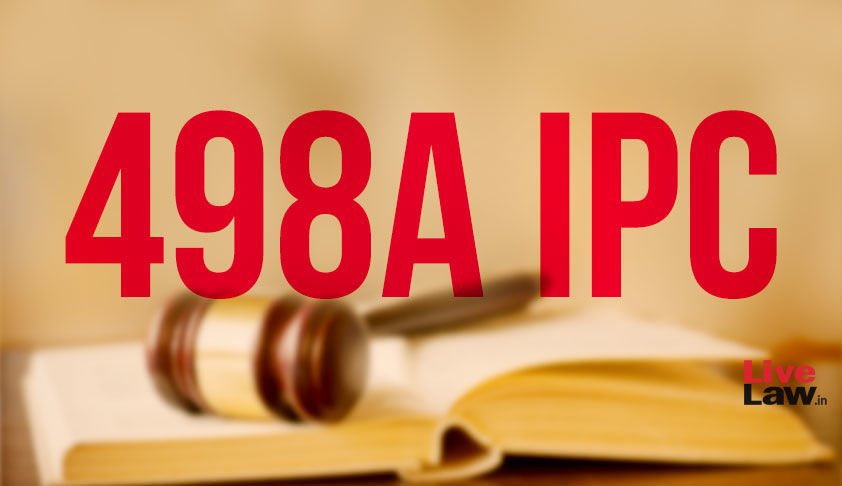Para 2. The petitioner’s right to personal liberty is ensured by the Constitution of India. It can be curtained only by a procedure prescribed established by law. The Supreme Court has said in Arnesh Kumar that notice under s. 41A Cr.P.C. is requisite. The notice was not served. The law has been breached. It is not the petitioner only who has suffered the humiliation and the indignity of being arrested; the ordeal would have affected the reputation of his family i.e. his children, wife and parents. No amount of explanation to the neighbours or those who may have seen the arrest, would undo the embarrassment and indignity suffered by the petitioner and his relatives. Arrest and incarceration destroys a person and collaterally affects many other innocent relatives. Subsequent release or acquittal of an innocent, is of no solace and offers no reparation to the loss of reputation or for the temporary loss of precious personal liberty. A stigma gets attached to the person who has been taken away, detained and/or put behind bars by the police. R-3 is deemed to have due knowledge of the rights of a citizen and the procedure prescribed in law.
Rakesh Kumar v. Vijayanta Arya (DCP) and Ors on 7 December 2021 Delhi High Court

- Post published:January 8, 2022
- Post category:498A
- Post comments:0 Comments
- Post last modified:January 8, 2022
Tags: Contempt of court, Punishment for not following Arnesh kumar guidelines, Punishment to Police officer

